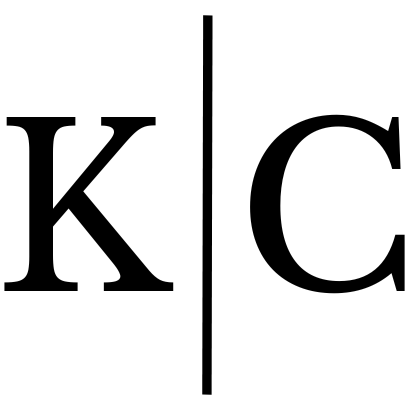Should I be an employee at a top tier company or a leader at a startup?
It’s a career choice you may have to make. The answer will be highly personalized, but here are some key things to consider.
Big company = learn your function. Startup = learn to build companies
If you want to learn to be a great software engineer - join Google. If you want to learn how to build a company - join a startup. I spent 3 years as CEO of a startup and learned 10x as much about company building as I learned in 2 years at business school and many years working at big companies. After that experience, I worked at LinkedIn. At LinkedIn, my product management skills grew more quickly because I was surrounded by training opportunities and people with deep product expertise that made me better. If you want to learn expertise in a function - go with a reputable company in your field because they are phenomenal training grounds. If you want to learn how to build something from scratch, get outside the comfort zone of giant companies.
Do you want a gold star on your resume from a top talent brand?
When I was in business school, there was a successful serial entrepreneur who had started and sold multiple companies already. But he had never worked at a company he didn’t start. So he went to a prestigious consulting firm after business school, in part to prove that he could pass somebody else’s talent bar and play well with others. He didn’t have to do that, especially if he wanted to work in startups for the rest of his career. But he believed that gold star on his resume would make him more marketable in the future. It’s a good mindset to at least consider, especially early in your career. If you’ve done nothing but work at giant companies, startups might raise an eyebrow and wonder if you can handle an environment without lots of support infrastructure. If you’ve only done startups - big companies will wonder if there is a reason why you’ve never worked at an established company. You don’t want to float around for no reason, but there is something to be said for experiencing work within big companies and small companies. It helps you develop a wider range of skills and helps you learn where you truly thrive.
Find clever people, spend as much time with them as possible
This one is orthogonal to company size. Big companies have lots of teams and they’re not all created equal. Research the team you’ll be joining. Do they inspire you? Would they push you to get better at the things you want to improve at? Drew Houston, Dropbox CEO, says “You become the average of the 5 people you spend the most time with.” Find people you want to spend time with, regardless of company size, and spend time with them.
Most importantly - keep learning
There are many different ways to invest in your personal growth. You can learn an entirely new function (i.e. switch from marketing to product), learn a new market, learn a new customer, learn a new technology, or you can go from individual contributor to team leader to org leader. The vector of learning that is most exciting to you and most valuable for your career is a personal decision. But make that decision with care. Sometimes switching between big companies and small companies can help you grow in a direction that you are prioritizing for the next phase of your career. Sometimes it will help you collect a gold star that pays dividends on your resume, or give you raw early-stage experience that will make you tougher when you get back to big companies. Regardless of where you go - make sure you keep learning. That’s the most important factor in your career.


